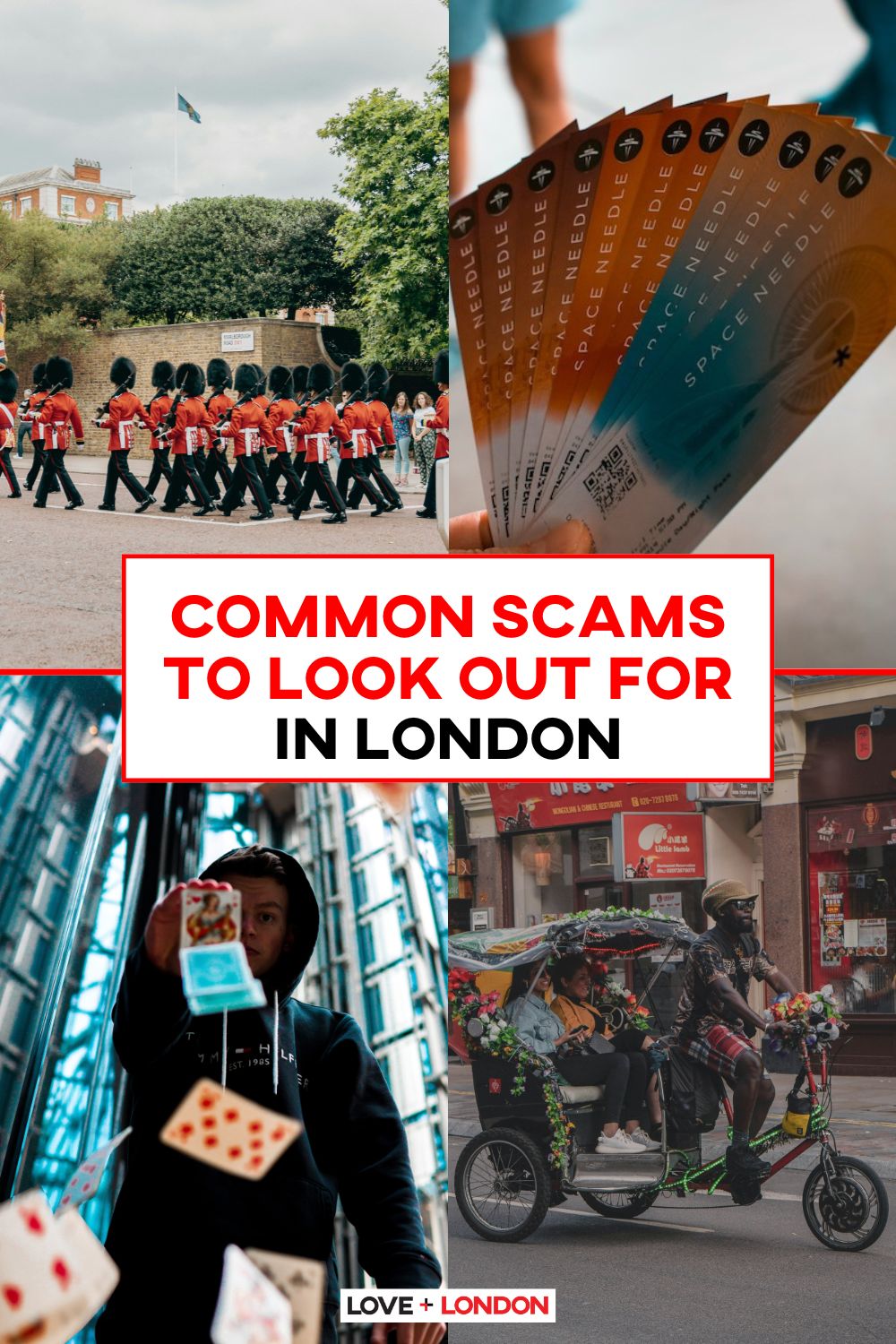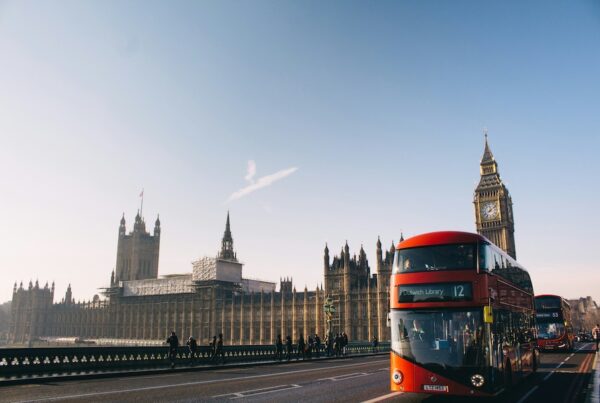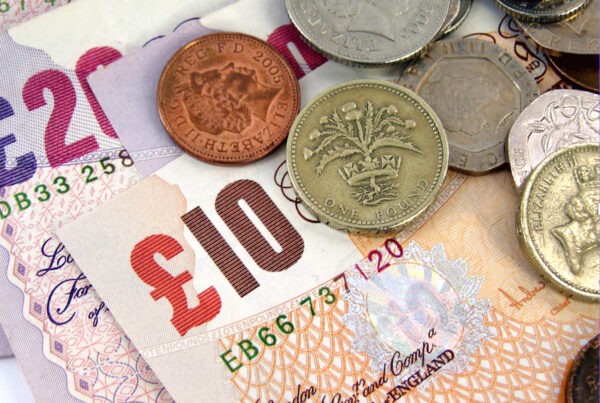London is generally a pretty safe city, but it’s still a city, so being streetwise is essential if you want to avoid falling into tourist traps and being scammed. It’s huge—607 miles—which means there are some things you need to keep in mind to keep yourself and your belongings safe. In this article, we highlight some of the common scams to avoid when visiting London and how to avoid them.
Some of the links below are affiliated which helps support all of the free content and advice we produce every day, at no extra cost to you. Thank you ❤️
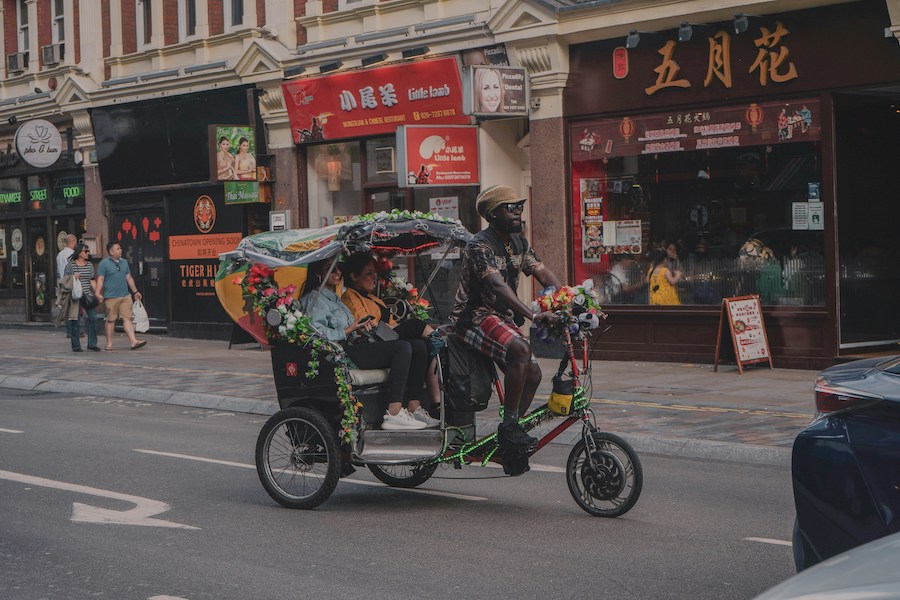
Rickshaws
If you’re walking down Oxford Street or anywhere around the central, more touristy parts of the city, you’ll definitely see all the jazzy rickshaws bombing up and down the streets, often blasting music. Unlike black cabs and taxis, these bicycle rickshaws are unregulated, so drivers can technically charge whatever they like. While there are, of course, many honest drivers, you do come across the odd bad apple who charges an extortionate amount to rip tourists off. It’s very common for innocent tourists to fall into the trap of thinking the rickshaw looks like a fun way to travel, thanks to their bright lights and pumping music, but you’ll probably end up overpaying. We always hear of tourists agreeing on a price before they jump in, and then a higher price is demanded at the end of the trip. So, for this reason, if you don’t want to get utterly ripped off, we say always avoid the rickshaws.
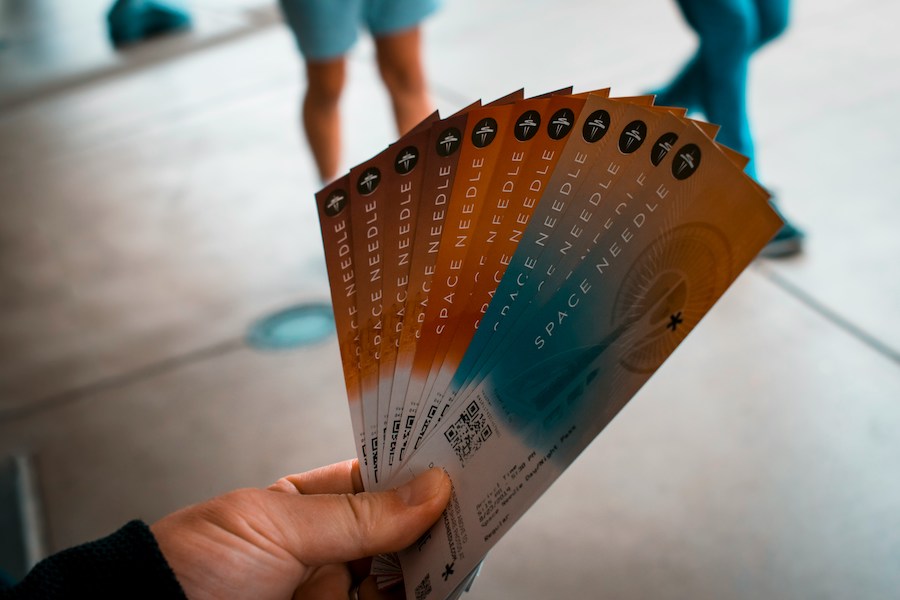
Buying tickets off the streets
Of course, it’s frustrating if you come to London and you haven’t been able to get tickets for an attraction or a theatre show you really want to see, but don’t be tempted to buy tickets from anyone off the street. If someone comes up to you claiming to sell event or theatre tickets, especially in popular areas like Piccadilly Circus or Leicester Square, avoid them at all costs. These people are out to scam you by selling you fake tickets that will be useless to you. You should only buy tickets from reputable companies like the venue’s website, TodayTix or the TKTS website or booth in Leicester Square. This also counts for the stalls around the West End that claim to be selling half-price tickets – shock, they’re not. These tickets often come at a huge markup, so you’re better off avoiding them altogether.
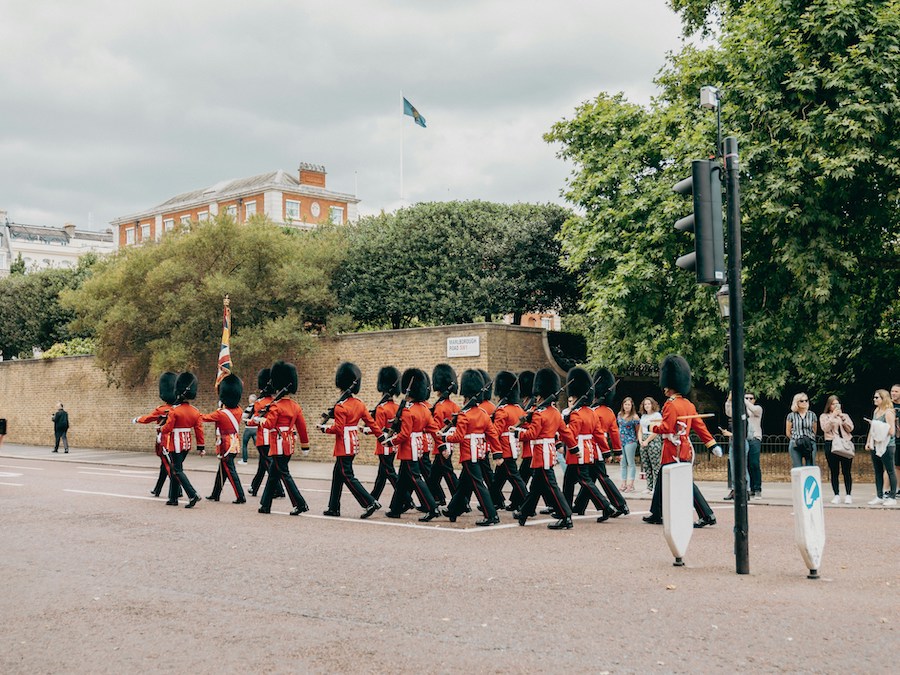
Paying for free attractions
While we’re on the topic of tickets, it’s important to remember to check which attractions are actually free to attend. Luckily, in London, so many of our great attractions don’t cost a thing to go to, but, unfortunately, there are still people who try to sell “tickets” to unsuspecting tourists like you. Never give anyone any money for free events; you can just nab tickets online for free before on the event or venue website, or you could just rock up on the day. Things like the Changing the Guard Ceremony are totally free and unticketed, so anyone can just turn up and watch.
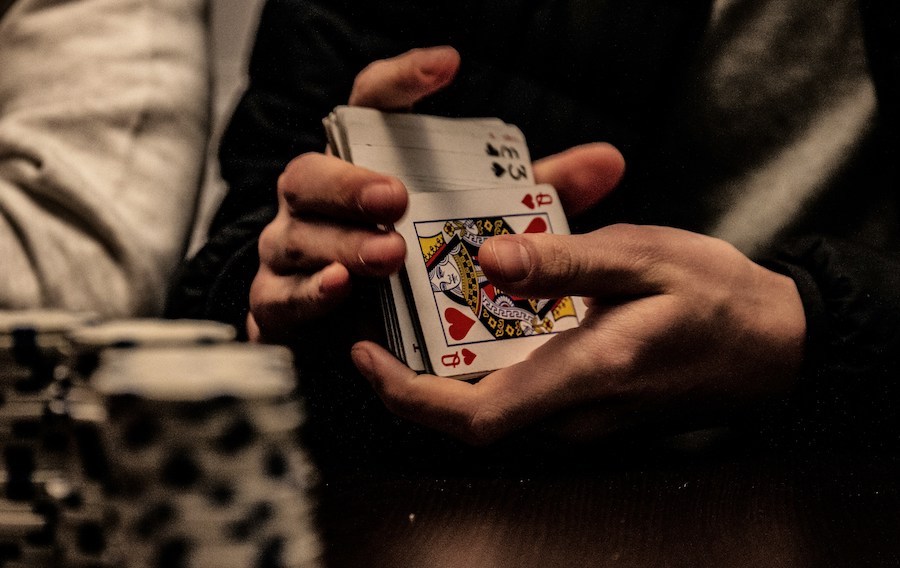
Street games
Next on our list of scams to avoid when visiting London involves the cup and ball game that dates back over 2,000 years. Someone who looks like a street performer (a scammer in this instance) hides a ball under a cup alongside two other cups, challenging passersby to guess which cup the ball is under after moving them around. Sometimes, there’s a pawn planted in the game who successfully guesses the right cup, enticing other passerbys to join. However, when players pay to participate, the ball mysteriously disappears, and their money is pocketed. These guys are professionals and know exactly what they’re doing – don’t be lured in to ‘play’ this old-school game.
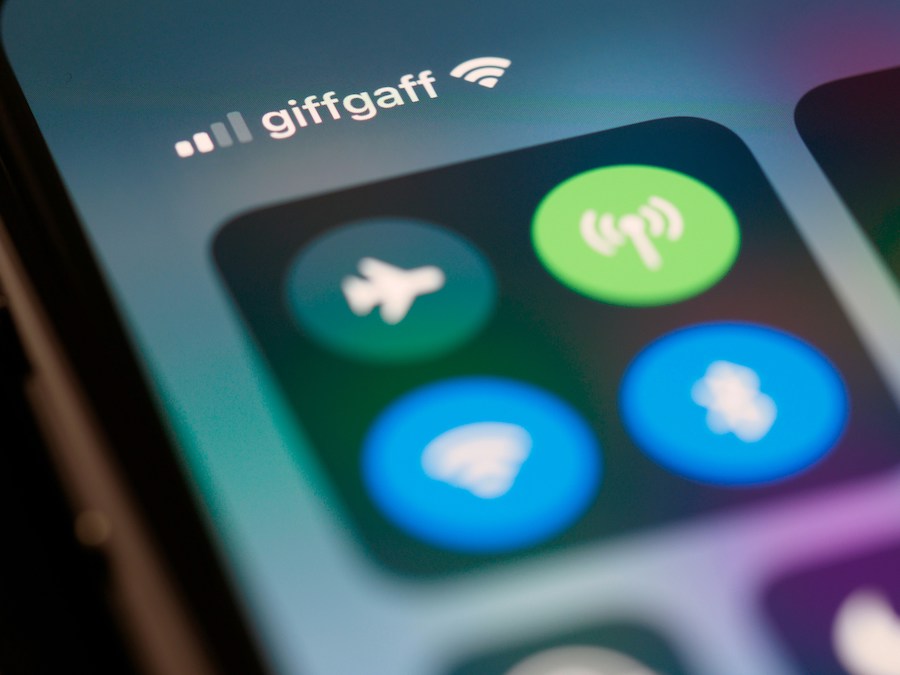
Rogue WiFi
For tourists, accessing free WiFi is a necessity if you don’t get your data working on your phone when in London (which you totally should, here’s our article on how to do so). However, it’s essential to be wary of potential risks as sophisticated scammers have been known to set up fake free WiFi networks capable of monitoring your online activities and stealing your personal information. From sensitive card details to personal emails, your information could be compromised without you having any idea it’s happened. Detecting fake WiFi setups can be challenging but not impossible, and there are ways to safeguard your data. Consider setting up a VPN service like SurfShark on your device and only connect to the internet through it. This means all your incoming and outgoing data is encrypted, ensuring your browsing remains private and away from prying eyes. Also, be wary of what WiFi network you are connecting to, as some scammers might mimic businesses such as nearby cafes or bars that offer free WiFi. Or, get yourself an e-sim so you can use data while in the UK; it’s super convenient and easy to set up via Airalo.

Clipboard or newspaper scam
Some of London’s thieves might seem overly friendly or will approach you for a chat while you’re simply chilling at a pub or cafe table enjoying your day. However, this just plays a part in one of the scams to avoid when visiting London. If you have valuables on your table, they then might pop something like a newspaper or clipboard down on top of your belongings. When they leave, they’ll pick up their newspaper along with your phone, wallet, purse, or whatever else you might’ve innocently placed on the table. For this reason, we say avoid keeping valuables on tables and keep them stored away in bags (but keep your bag in a safe place) or in your pocket where nobody else can reach them. Always avoid your back pocket, as it’s easy to swipe from!
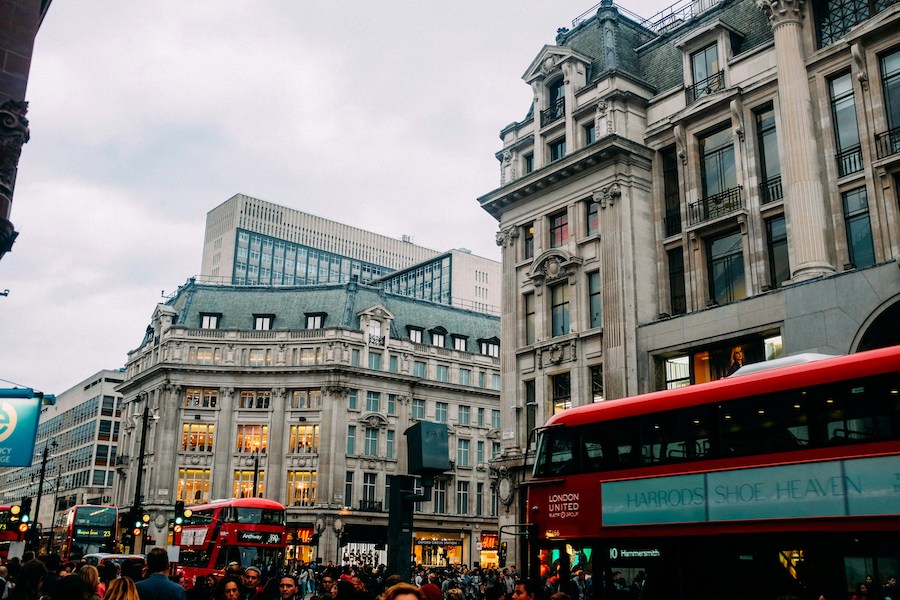
The flower scam
Last on our list of scams to avoid when visiting London commonly involves flowers or ‘free’ items. Receiving flowers might seem lovely, but it often comes at a price in London. Strangers may approach you with a single-wrapped flower, initially appearing as a kind gesture. However, they may later demand payment for this ‘gift’ you received, often using guilt tactics or aggressive demands for money. Regardless of their approach, the simplest way to avoid falling victim to this scam is to politely decline any offer of anything free, whether it’s a flower, a keyring, a book – anything.
Now you’ve got the scams covered, make sure you’re super prepared for your trip to London by reading these three articles next:
Pin this…
